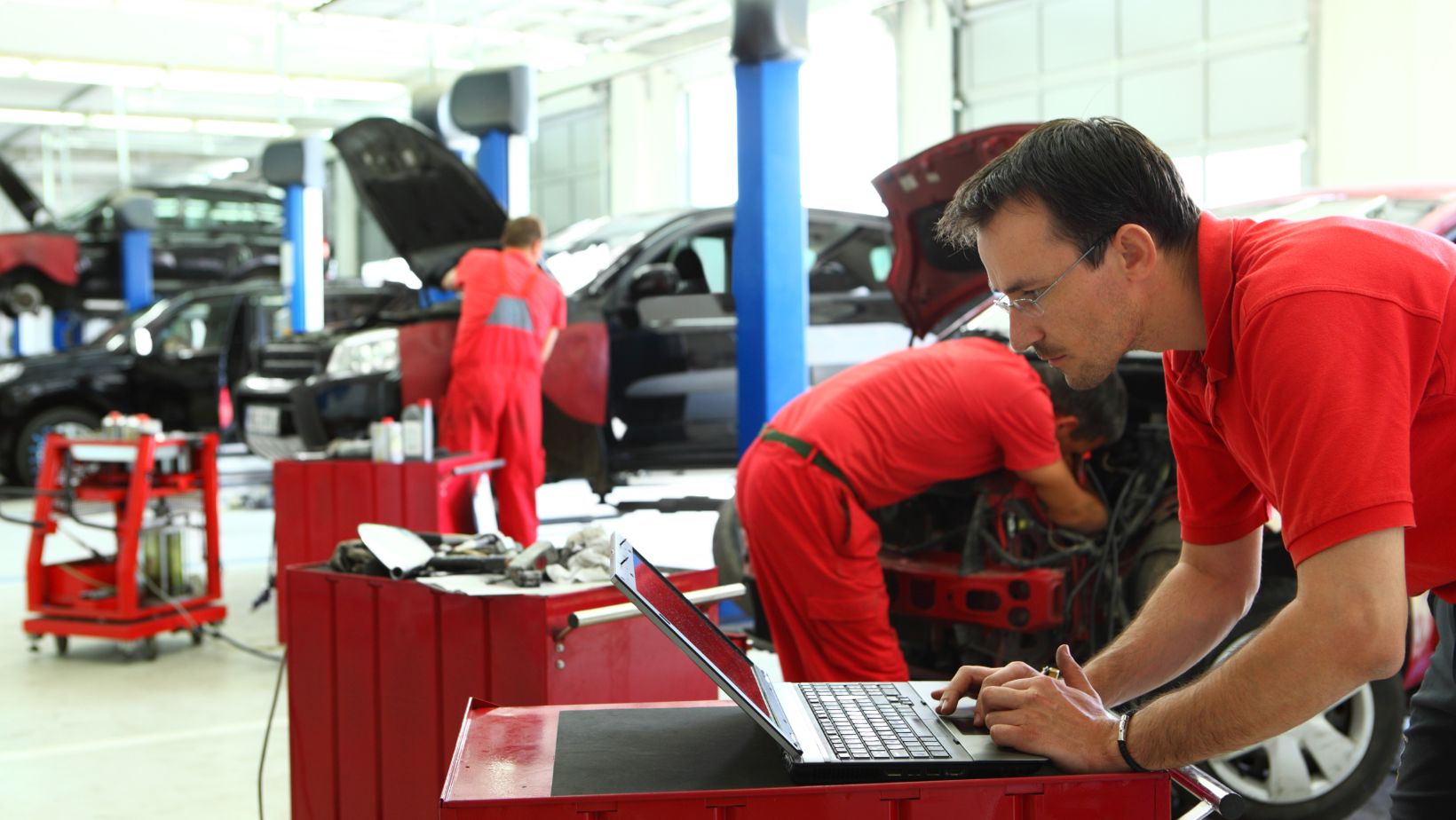How Long is Reasonable for a Car Repair
One of the most common questions regarding car repairs is how long it is reasonable to wait for a repair job. Unfortunately, there isn’t a one-size-fits-all answer to this question, as the time required for a car repair can vary depending on several factors. However, I’ll provide some insights and considerations that can help you gauge what might be considered a reasonable timeframe.
First and foremost, the complexity of the repair plays a significant role in determining how long it will take. Simple fixes like changing oil or replacing brake pads can often be done within an hour or two. On the other hand, more intricate repairs, such as engine overhauls or transmission replacements, may require several days or even weeks.
Another factor to consider is the availability of parts. If your vehicle requires specific components that are not readily available, it may take longer to complete the repair. In some cases, parts may need to be ordered from manufacturers or suppliers, which could add extra time to the overall repair process.
Lastly, the auto shop’s workload should also be considered. During peak seasons or busy periods, shops may have multiple vehicles waiting for repairs ahead of yours. This can result in longer wait times as mechanics juggle between different projects.
Factors Affecting Car Repair Duration
Regarding car repairs, the duration can vary significantly depending on several factors. Understanding these factors can help you better estimate how long a repair might take and manage your expectations accordingly.
- Complexity of the Issue: The complexity of the problem plays a major role in determining how long it will take to fix your car. Simple issues like replacing a battery or changing a flat tire can be resolved quickly, often within an hour or less.
- Availability of Parts: Another factor that affects repair duration is the availability of parts. If the necessary parts are readily accessible, the repair process can proceed smoothly and swiftly.
- Skill and Experience of Mechanic: The expertise and experience level of the mechanic working on your car also impact how long it takes to complete a repair. Highly skilled mechanics who specialize in certain makes and models may diagnose and fix issues more efficiently than those with less familiarity with your vehicle.
- Workload at Repair Shop: The workload at the repair shop can also influence repair durations. Busy shops with numerous vehicles awaiting repairs may have longer wait times due to the limited availability of technicians and resources.
- Additional Diagnostic Steps: In some cases, additional diagnostic steps may be necessary to identify underlying issues accurately before proceeding with repairs.

Understanding the Complexity of Car Repairs
When it comes to car repairs, it’s important to understand that the length of time required can vary greatly depending on several factors.
- Diagnostic Process:
- Before any repair work can begin, a thorough diagnostic process is necessary to identify the root cause of the problem.
- This involves using specialized tools and equipment to scan for error codes, inspect various components, and run tests.
- Parts Availability:
- Once the problem has been diagnosed, obtaining the necessary parts becomes crucial.
- Depending on the make and model of your vehicle, sourcing specific parts may require more time or effort.
- Repair Techniques:
- Car repairs involve a wide range of techniques that require expertise and precision.
- Each repair demands different skill levels and time commitment, from simple fixes like replacing worn-out brake pads to intricate engine overhauls.
- Unforeseen Complications:
- Inevitably, unexpected complications may arise during the repair process.
- For example, while fixing an electrical issue, additional wiring problems or hidden damage might be uncovered when dismantling certain components.
- Workload at Repair Shops:
- The workload at car repair shops can also impact how long it takes for your vehicle to be fixed.
- During peak seasons or when there’s a high demand for services in your area, repair shops may have a backlog of jobs awaiting completion.
It’s important to note that while some repairs can be completed quickly, others may take more time due to the complexity involved. As a vehicle owner, it’s essential to have realistic expectations and communicate openly with your chosen repair shop to clearly understand the timeline involved in fixing your car.








































